Russia has seen a significant rise in political prisoners in recent years. These individuals, often critical voices or political opponents of the government, are imprisoned on dubious charges or subjected to harsh conditions. The Kremlin’s crackdown on dissent has led to a growing international concern over the state of human rights in Russia.
Key Figures and Cases
One of the most prominent political prisoners in Russia is Alexei Navalny, a prominent opposition leader and anti-corruption activist. He was arrested in 2021 and subsequently sentenced to several years in prison on charges widely considered politically motivated. Navalny’s imprisonment has sparked international condemnation and protests.
Other notable political prisoners include journalists, human rights activists, and opposition politicians. Many of these individuals have been convicted on charges such as “extremism,” “hooliganism,” or “inciting hatred,” which are often used to silence dissent.
The Impact of Imprisonment
The imprisonment of political prisoners has a significant impact on Russian society. It creates a climate of fear and intimidation, discouraging dissent and limiting freedom of expression. Additionally, the harsh conditions in Russian prisons, including torture and abuse, pose serious threats to the health and safety of political prisoners.
International Response and Advocacy
The international community has condemned Russia’s human rights abuses and called for the release of political prisoners. Human rights organizations, such as Amnesty International and Human Rights Watch, have documented cases of torture, mistreatment, and denial of medical care in Russian prisons.
To support political prisoners and advocate for their release, international organizations and individuals can take the following actions:
- Public Awareness Campaigns: Raising awareness about the plight of political prisoners through social media, protests, and media campaigns.
- Diplomatic Pressure: Urging governments to exert diplomatic pressure on Russia to release political prisoners and improve human rights conditions.
- Economic Sanctions: Supporting targeted economic sanctions against individuals and entities involved in human rights abuses.
- Legal Action: Pursuing legal cases against Russian officials responsible for human rights violations.
- Providing Support to Families: Offering financial and legal assistance to the families of political prisoners.
The fate of political prisoners in Russia remains a pressing human rights issue. By raising awareness, advocating for their release, and supporting their families, the international community can help to alleviate their suffering and promote human rights in Russia.
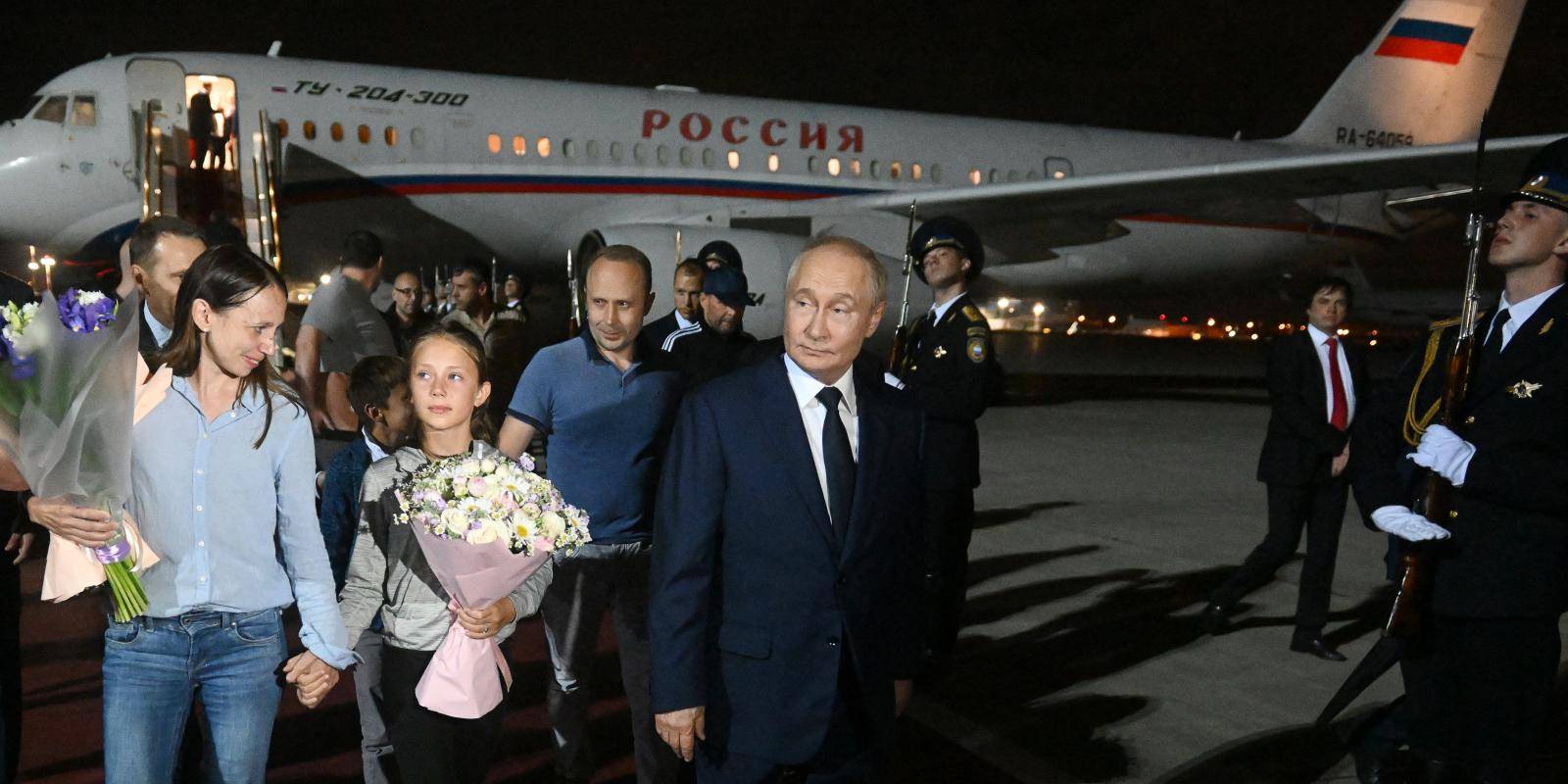
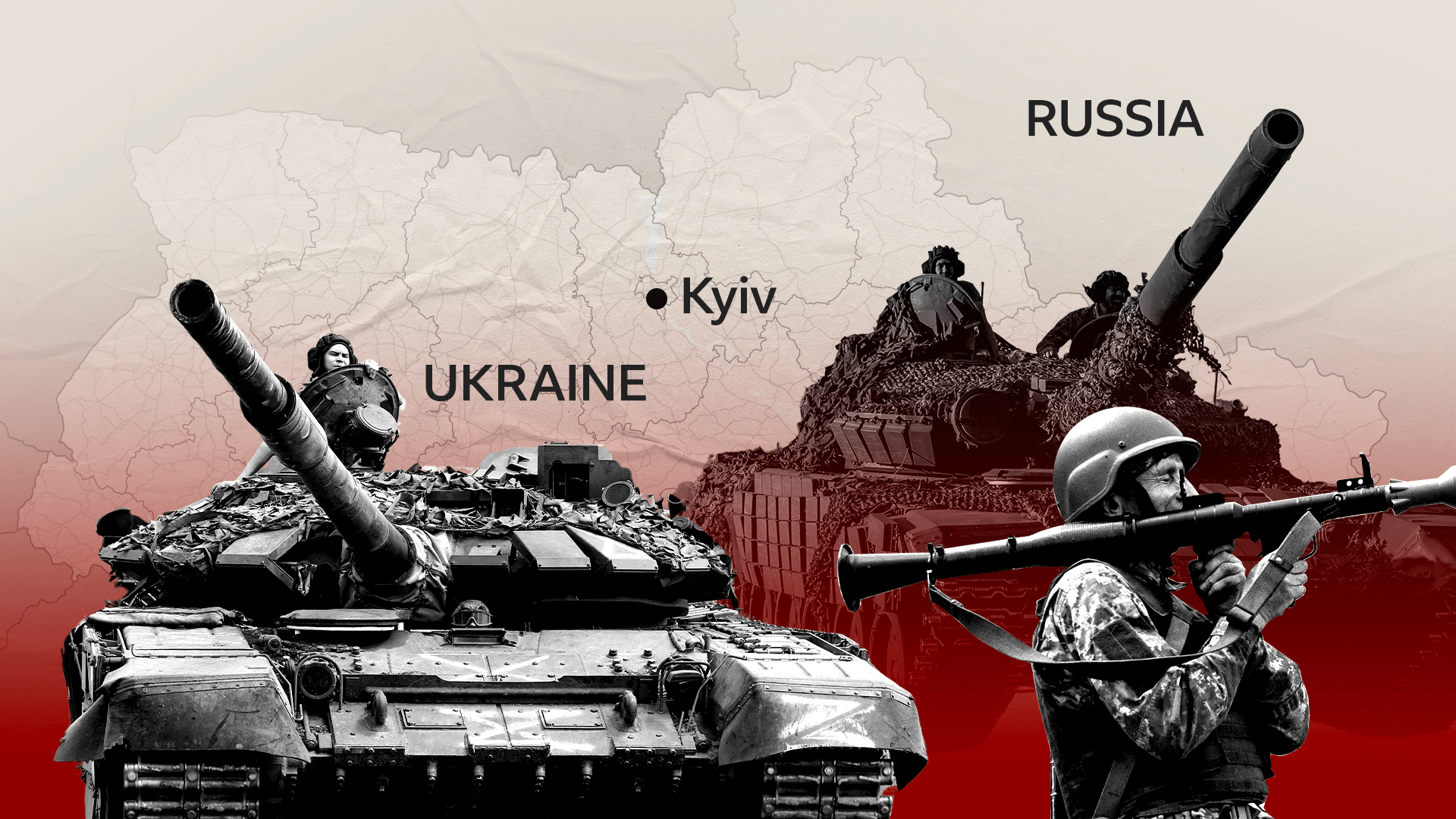
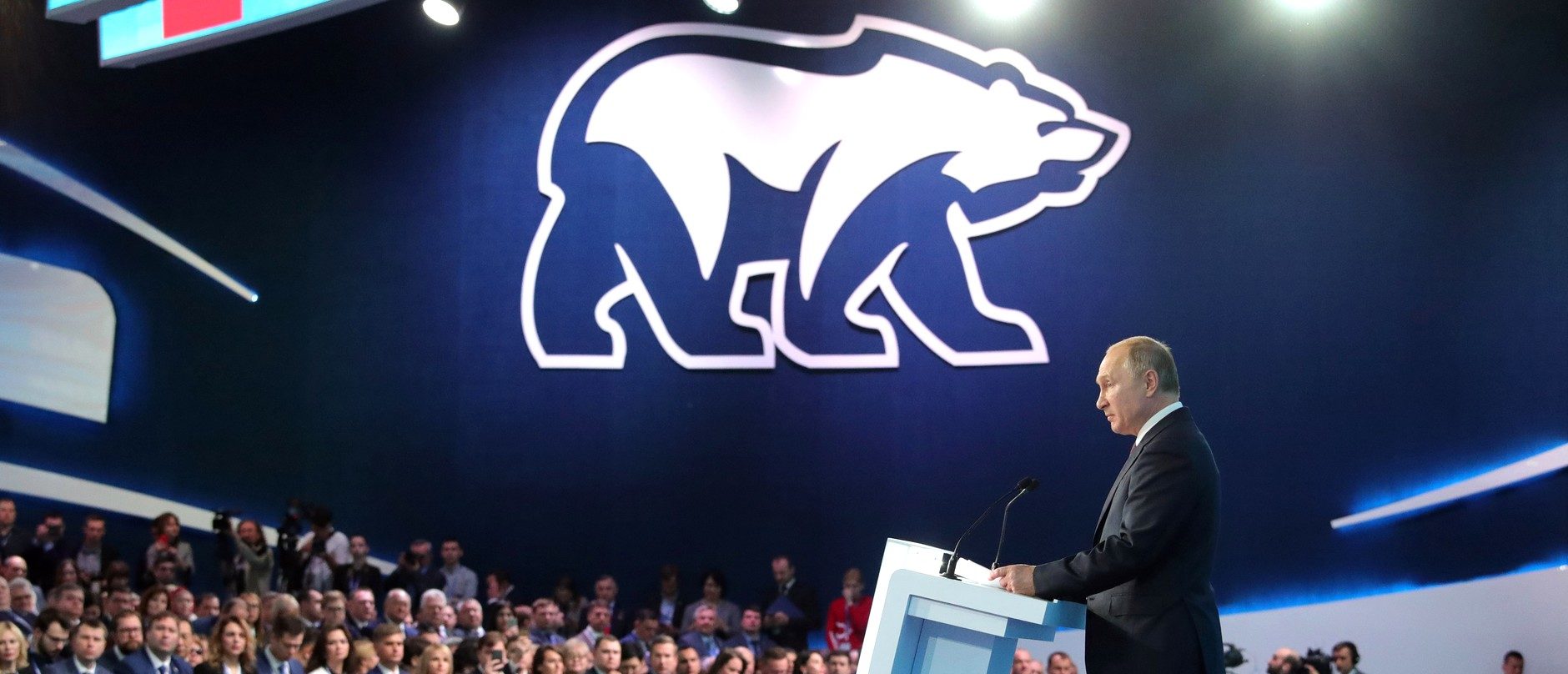
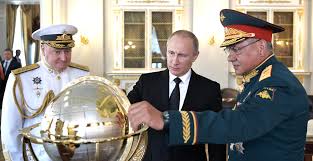

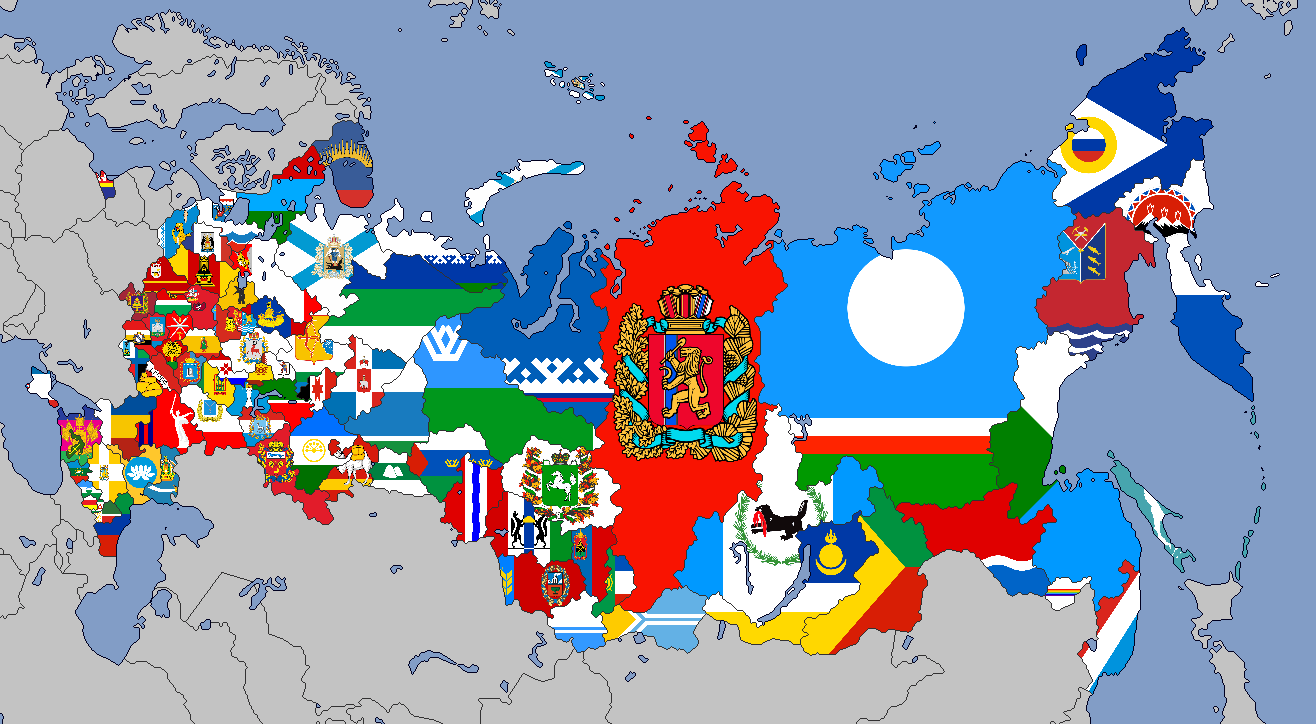
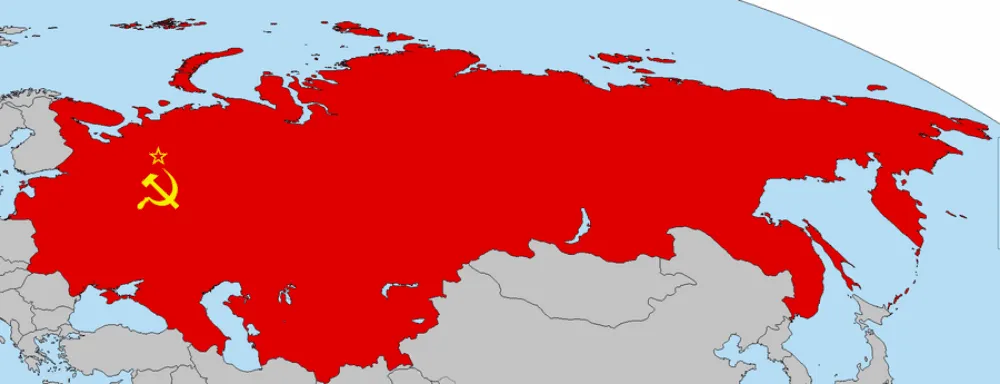
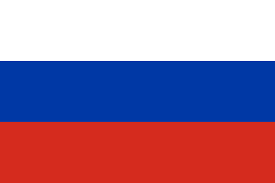
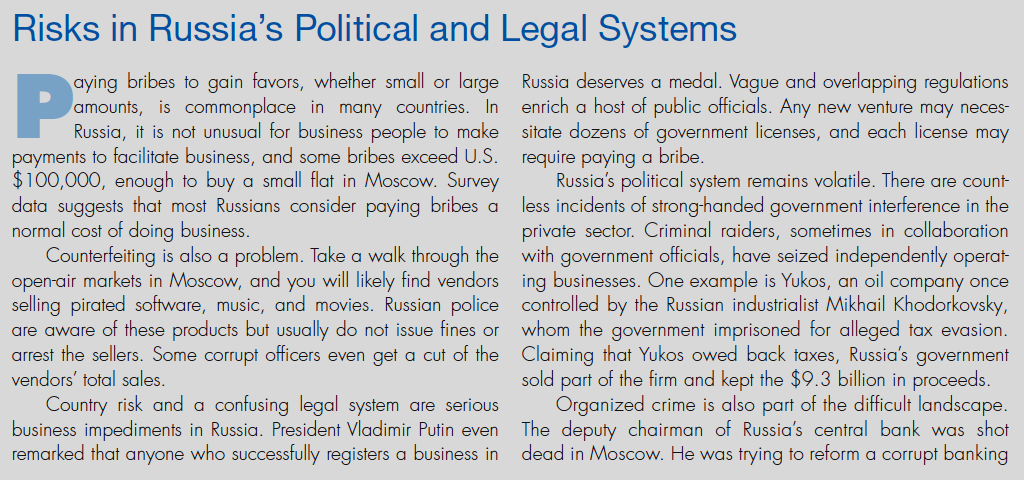
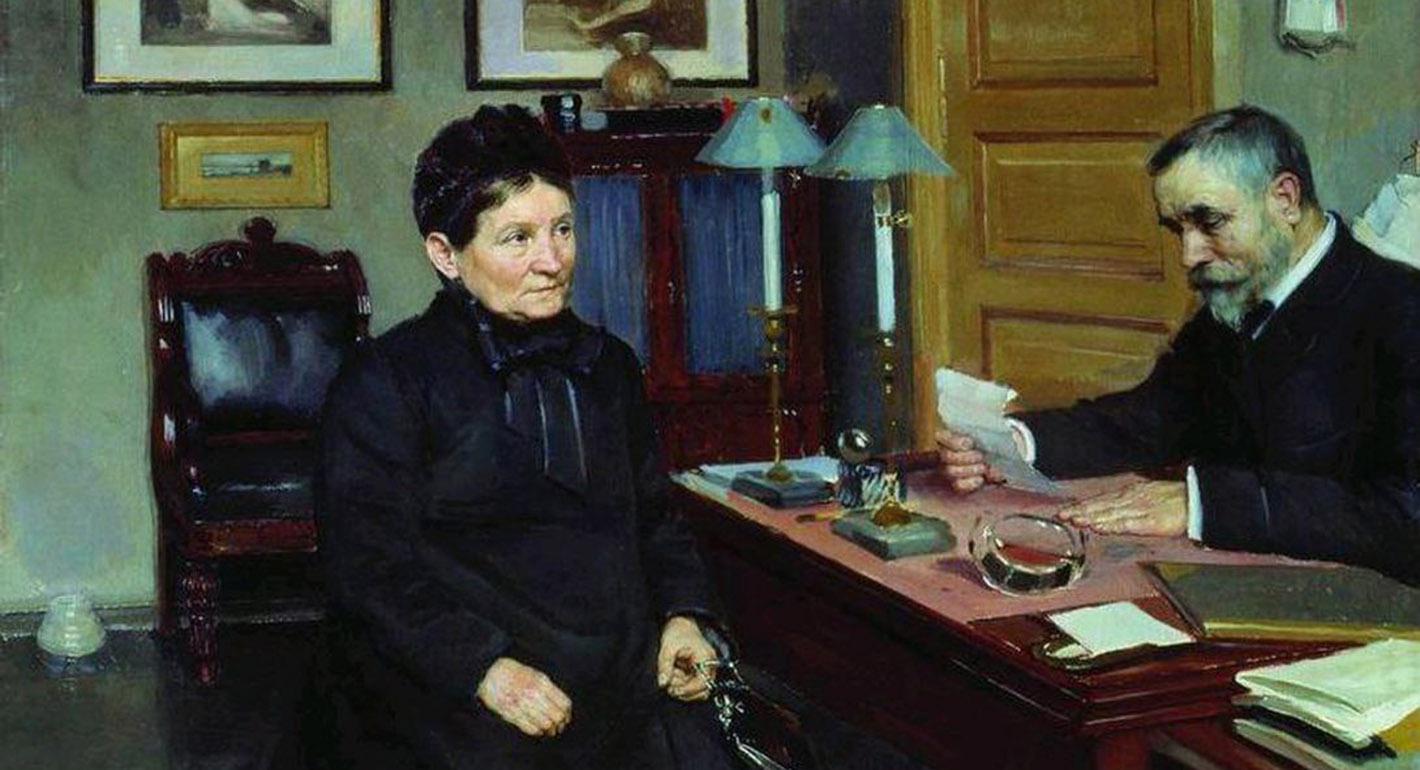
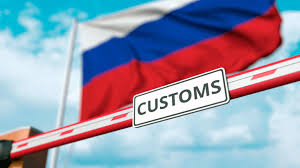
Leave a Reply